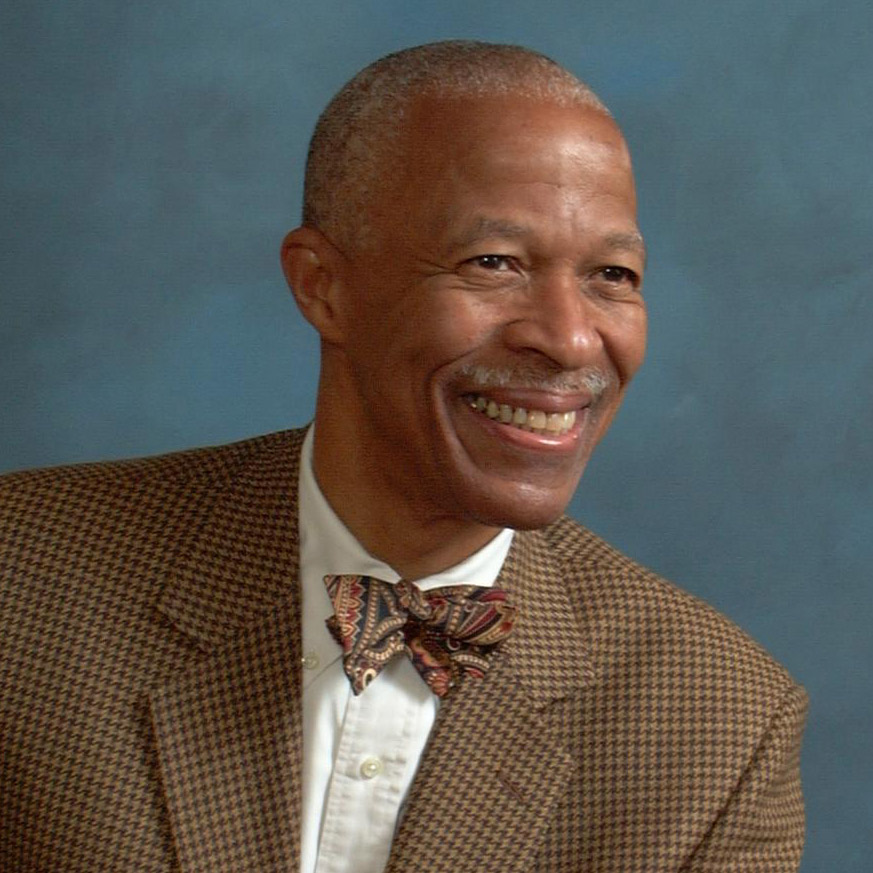U.S, Washington, Jan. 6/ Trend N.Bogdanova /
Trend interview with Raymond Tanter, former Senior Member on the US National Security Council staff at the White House and former personal representative of the Secretary of Defense, who is currently serving as a president of Iran Policy Committee in Washington .
Trend : What do you think about the current situation in Iran? What was a real reason for current events in Iran and the huge protests of opposition?
A: The initial spark that touched off the protests of the past six months was the stealing of Iran's presidential election by President Mahmoud Ahmadinejad from candidate Mousavi. More recently, however, the protest movement has become more opposed to the entire system of government in Iran. The reasons for popular dissatisfaction with the Iranian regime include lack of freedom, mismanagement of the economy, and a foreign and nuclear policy that has isolated Iran from the rest of the world.
Q: Could this instability influence Iran's neighbors, including Azerbaijan?
A: Unrests in Iran is likely to be beneficial to Iran's neighbors. The more the Iranian regime is focused inward the less able Tehran is to export its Islamic Revolution to its near abroad.
Q: What do you believe could possibly be a way out from the current crisis? If these protests continue, what will they lead to in your opinion?
A: There are essentially two possible outcomes: Either the regime security forces use sufficient violence to destroy the opposition or the regime collapses. The longer protests continue, the more likely is regime change. My research for the Iran Policy Committee (IPC) suggests that if the Mujahedeen-e Khalq and National Council of Resistance of Iran were removed from the U.S. Foreign Terrorist Organizations list as the European Union has done, the regime is more likely to fall to the Iranian people than is the case with these two groups on the American list of terrorist organizations.
Q: Is Ahmadinejad's regime strong enough for coup d'état attempts and can the ruling authorities be changed by opposition in near future?
A: A coup is unlikely because the regular armed forces, which would be a source of a coup, are not as Islamic Revolutionary Guards Corps (IRGC), the so-called guardians of the 1979 Revolution. Indeed, the protests have inadvertently strengthened the IRGC. That said, if a coup were truly imminent, Iran's Supreme Leader Ayatollah Khamenei would likely abandon President Ahmadinejad. However, any such coup d'état is more likely to target the Supreme Leaders himself in addition to Ahmadinejad.
Q: Do you see any role of foreign powers in these events?
A: The United States could play a significant role by lending rhetorical and covert support to the Iranian opposition movement. My research for the Iran Policy Committee (IPC) suggests that a powerful American signal of solidarity with Iran's dissident movement would be to remove Iran's main opposition groups - the Mujahedeen-e Khalq and National Council of Resistance of Iran--from the U.S. list of Foreign Terrorist Organizations.
Do you have any feedback? Contact our journalist at [email protected]






